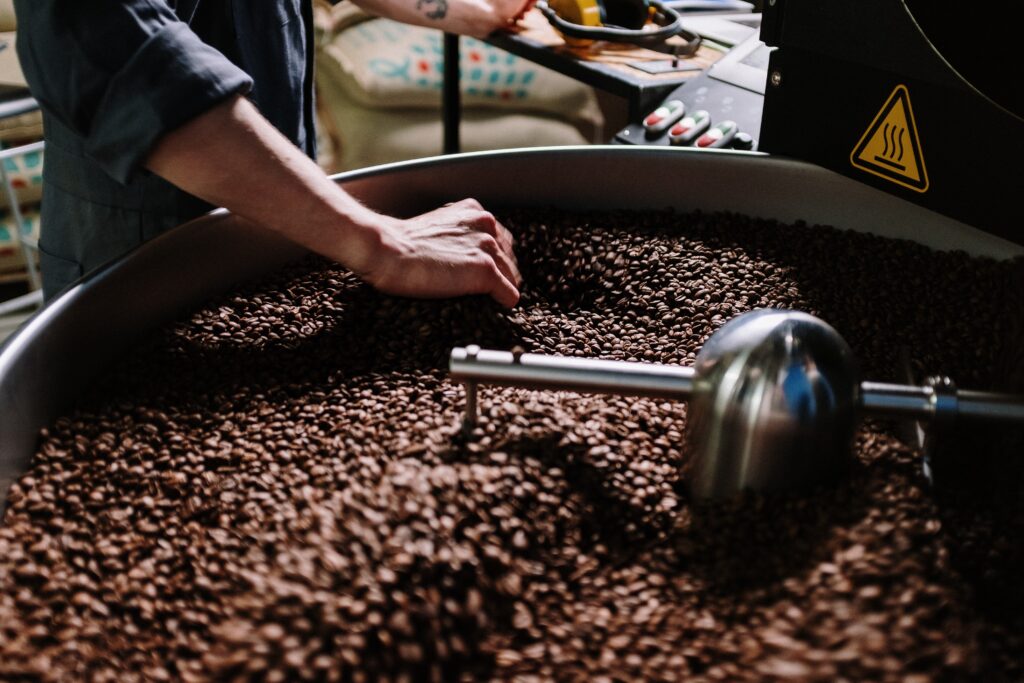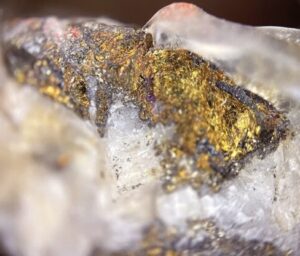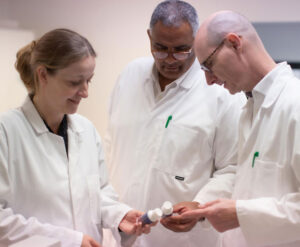Coffee is not the world’s second most traded commodity (but it is important)
“Coffee is the world’s second most traded commodity after oil”: you will find this written in published books, countless websites, academic papers and more. Recently, Starbucks even repeated it to the US Senate Foreign Relations Committee.
But this is not true. And the more we keep saying it, the more we devalue the actual value of the coffee industry.
Facts and figures
This is one of those annoying myths that are easy to “prove” through references, but disappear when you start looking at the real information.
First of all, let’s look at the difference between ‘ commodity ‘ and ‘product’: a commodity is a raw product. For example, green or roasted coffee is both a raw material and a product. But that bottle of cold brew coffee you picked up at the supermarket? Only one product.
And coffee is neither the world’s second most traded product nor the world’s second most traded commodity.
According to MIT’s Observatory of Economic Complexity (OEC), coffee is the 98th most traded product in the world. Green coffee comes in at 114, while roasted coffee is in 301st place. (All data appears to be from 2015.) Sure, we are talking about products here. But there are plenty of raw materials above coffee in this list: oils, metals, crops…
In fact, coffee is not even the second most traded agricultural product in the world. That would be wheat, at position 70, after soybeans at number 54.
Surprised? You are not the only one. Although many people in the coffee industry have dismissed it, this myth continues to spread.
Why do people think that coffee is the second most traded commodity?
There have been several explanations for this claim. Some point to future contracts, a system by which traders commit to buying coffee in the future. But if you look at future contracts for coffee, you also have to look at future contracts for other products. Politifact looked into this and discovered that coffee is not even in the top 20 agricultural futures contracts.
Politifact also interviewed John Baffes, senior economist at the World Bank’s Development Prospects Group, who said that coffee was the world’s second most traded commodity in the 1970s – but which year? In volume or value? Worldwide or only in certain countries?
More sources have stated that in the 1970s coffee was the second most traded commodity in regions such as Latin America – a claim that is more reasonable and backed up by reputable sources, although we have struggled to find data for it.
The true value of the coffee industry
The problem with this myth is that it diminishes the true value of the coffee industry. No, coffee is not the second most traded commodity in the world. But it is still a huge industry. According to the OEC, it was worth USD 30 billion in exports in 2015.
It is also extremely important for many countries’ economies. In Colombia, for example, it accounts for 7.2% of exports and, according to the World Bank, 7-8% of GDP.
And coffee is still an industry where prices are usually low and producers are made vulnerable by bad weather, pests and more. How can we ask people to believe us on these issues if we keep repeating claims that are wrong? And how can we expect them to believe in the real impact that price increases can have?
Coffee makes a significant difference in the lives of millions of people around the world – especially if they receive fair prices and if coffee buyers invest in quality products and good farm infrastructure. It is time to start communicating the real value of coffee.
About the Viking
With Viking’s signals, you have a good chance of finding the winners and selling in time. There are many securities. With Viking’s autopilots or tables, you can sort out the most interesting ETFs, stocks, options, warrants, funds, etc.
Click here to see what Vikingen offers: Detailed comparison – Stock market program for those who want to become even richer (vikingen.se)













